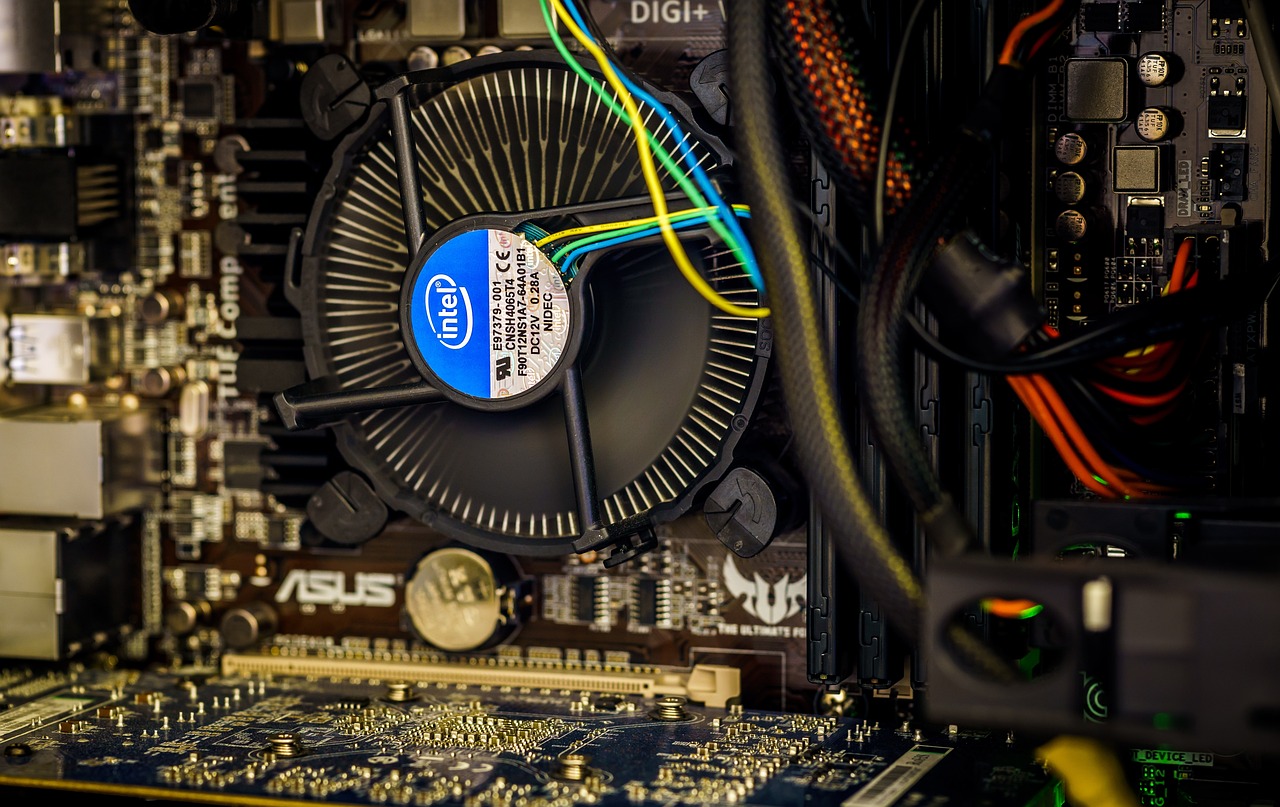The Evolution of Smart Agriculture
Smart agriculture, also known as precision agriculture or agri-tech, has rapidly evolved in recent years, leveraging advanced technologies to optimize farming practices, improve crop yields, and enhance sustainability. From sensor-equipped drones to data-driven analytics platforms, smart agriculture is revolutionizing the way farmers manage their operations and address the challenges of modern agriculture.
In this article, we’ll explore the evolution of smart agriculture and the transformative impact it is having on the agricultural industry.
The Rise of Precision Farming
Precision farming, the cornerstone of smart agriculture, involves the use of technology to monitor and manage agricultural activities with unprecedented precision and efficiency. By integrating sensors, GPS technology, and data analytics, farmers can gather real-time information about soil conditions, weather patterns, crop health, and equipment performance, allowing them to make data-driven decisions and optimize resource allocation.
Key Technologies Driving Smart Agriculture
Several key technologies are driving the advancement of smart agriculture:
- Internet of Things (IoT): IoT devices such as soil moisture sensors, weather stations, and crop monitors collect data from the field and transmit it to centralized platforms for analysis.
- Remote Sensing: Satellite imagery and aerial drones equipped with multispectral cameras capture high-resolution images of farmland, enabling farmers to monitor crop growth, detect pest infestations, and assess irrigation needs.
- Data Analytics: Advanced analytics platforms process large volumes of agricultural data to generate actionable insights, such as crop yield predictions, disease outbreaks, and optimal planting schedules.
- Automation and Robotics: Automated machinery and robotic systems perform tasks such as planting, harvesting, and weeding with precision and efficiency, reducing labor costs and increasing productivity.
Benefits of Smart Agriculture
The adoption of smart agriculture technologies offers numerous benefits:
- Increased Efficiency: Smart farming practices optimize resource usage, minimize waste, and improve operational efficiency, resulting in higher yields and lower production costs.
- Enhanced Sustainability: By promoting sustainable farming practices such as precision irrigation, soil conservation, and integrated pest management, smart agriculture helps reduce environmental impact and preserve natural resources.
- Improved Decision-Making: Access to real-time data and analytics enables farmers to make informed decisions about planting, fertilization, pest control, and irrigation, leading to better crop management and higher profitability.
- Resilience to Climate Change: Smart agriculture technologies help farmers adapt to changing climatic conditions by providing early warning systems for extreme weather events, optimizing water usage, and mitigating crop losses.
Challenges and Considerations
Despite its potential benefits, smart agriculture also faces challenges:
- Cost and Accessibility: The initial investment required to implement smart agriculture technologies, such as sensors, drones, and analytics platforms, can be prohibitive for small-scale farmers.
- Data Privacy and Security: The collection and analysis of agricultural data raise concerns about privacy, data ownership, and cybersecurity, necessitating robust data protection measures and regulatory frameworks.
- Skills and Training: Farmers need to acquire new skills and knowledge to effectively use smart agriculture technologies, highlighting the importance of education and training programs tailored to agricultural professionals.
FAQs
Q: What is smart agriculture?
A: Smart agriculture, also known as precision agriculture, refers to the use of technology to optimize farming practices and improve crop yields through data-driven decision-making and automation.
Q: What technologies are driving the evolution of smart agriculture?
A: Key technologies driving smart agriculture include IoT devices, remote sensing technologies, data analytics platforms, and automation and robotics systems.
Q: What are the benefits of smart agriculture?
A: Smart agriculture offers benefits such as increased efficiency, enhanced sustainability, improved decision-making, and resilience to climate change.





